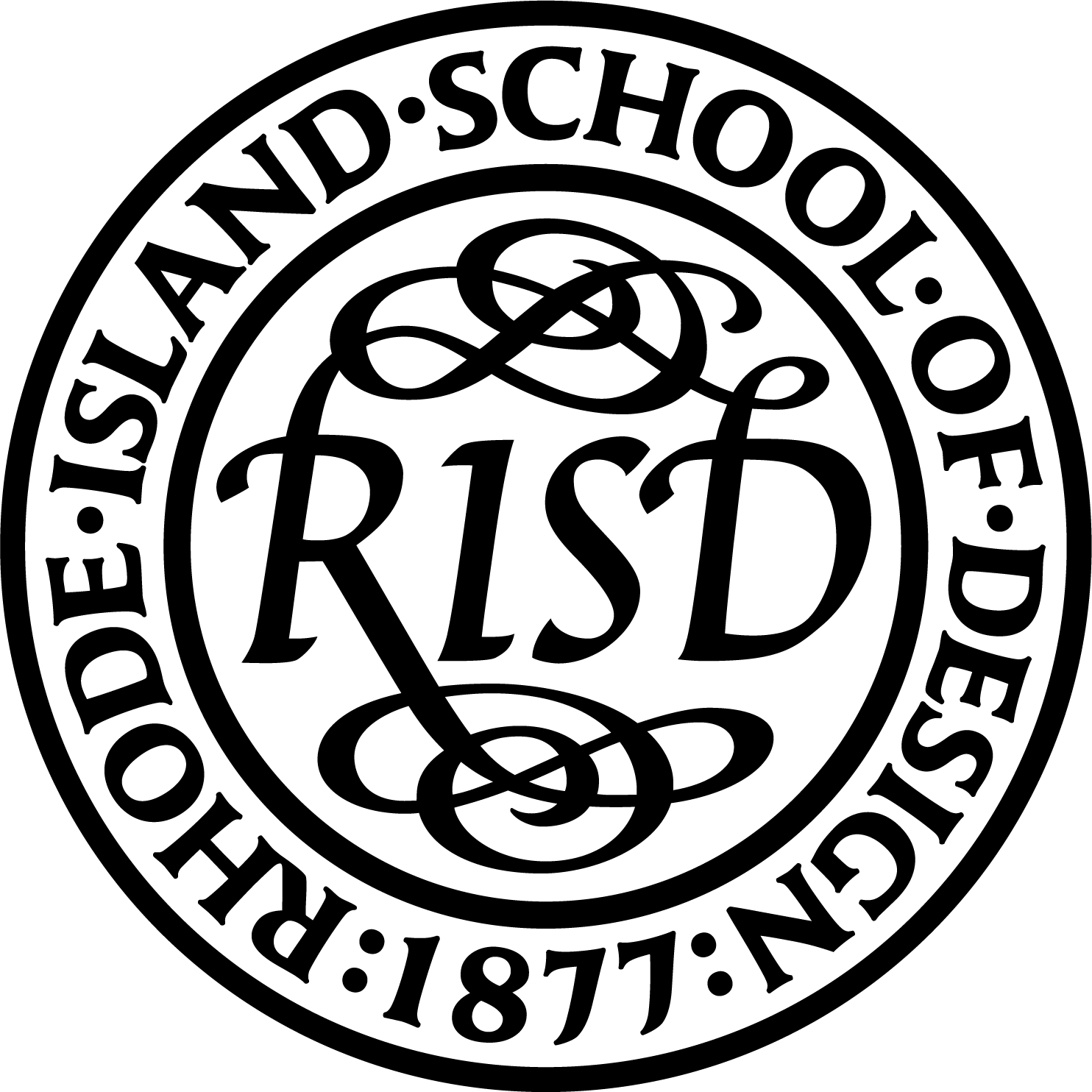INTER
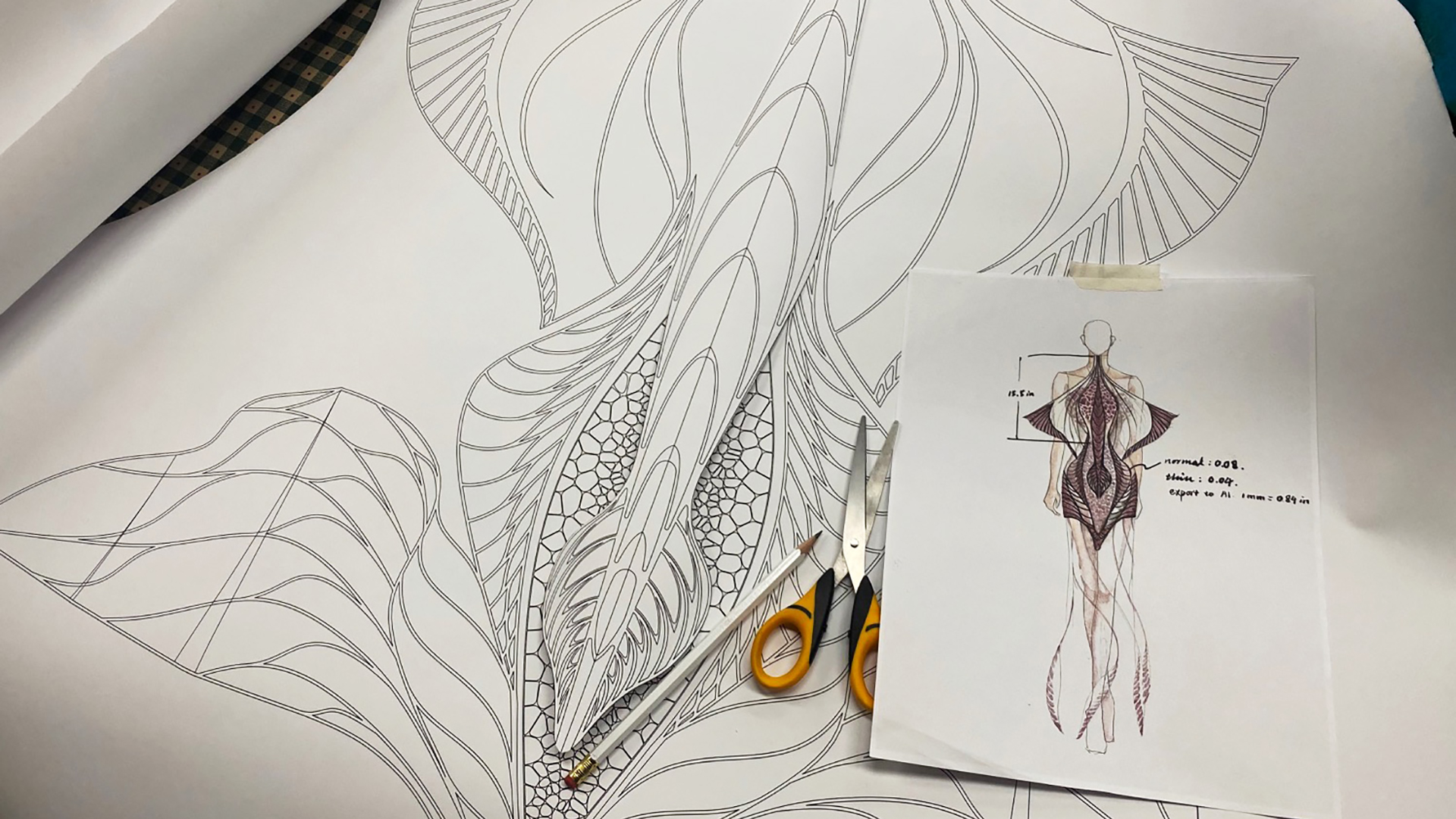
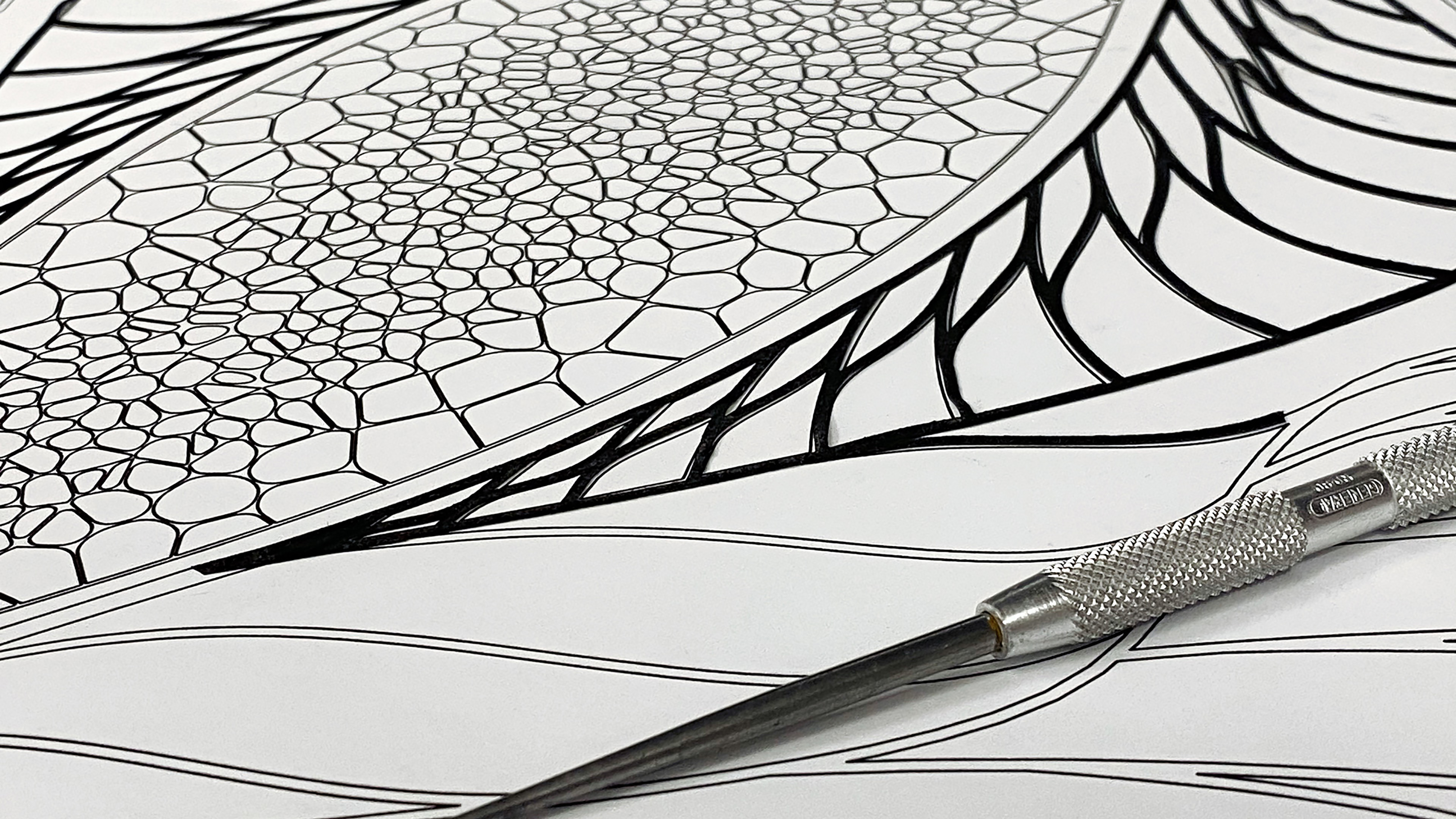

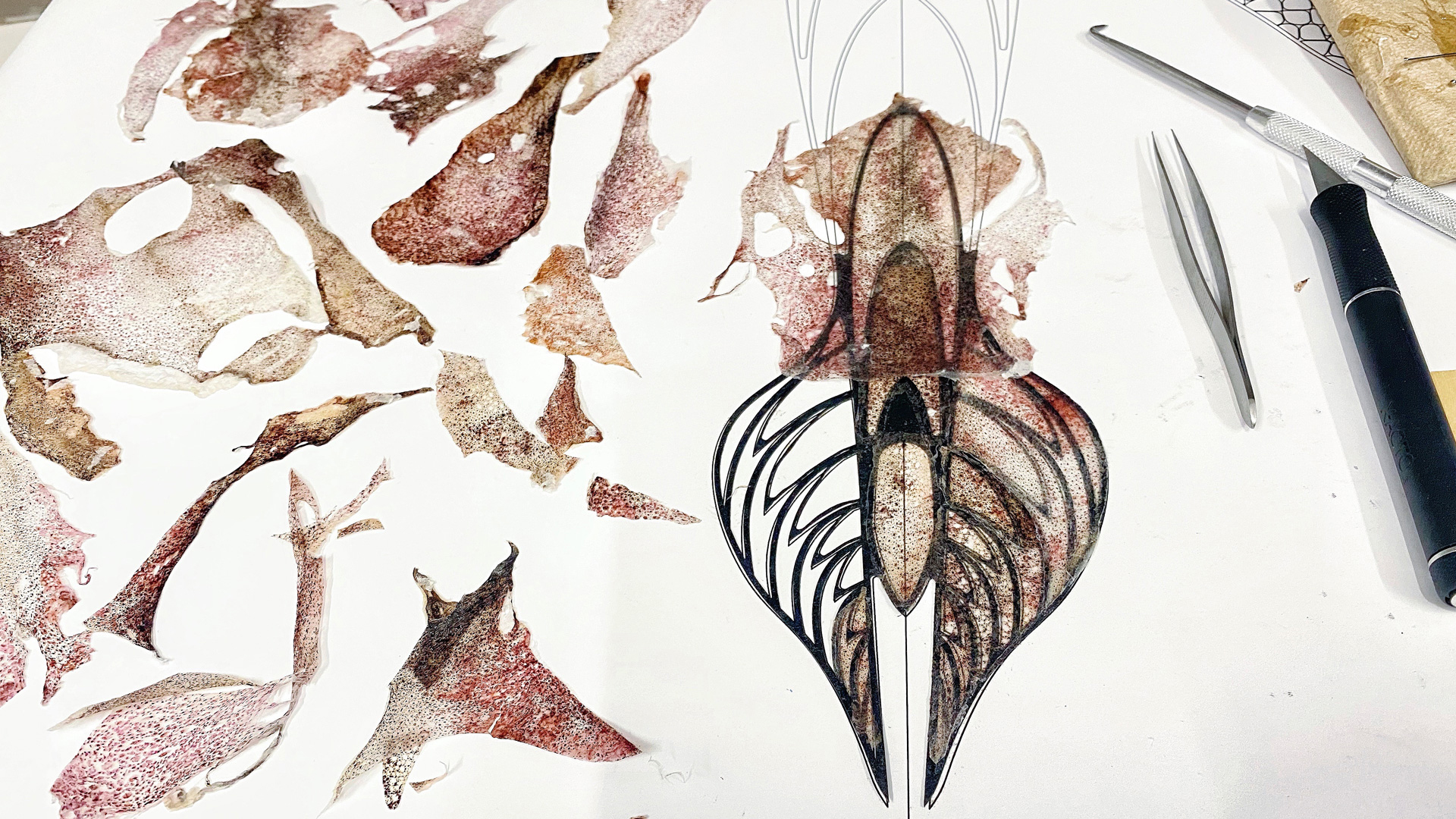

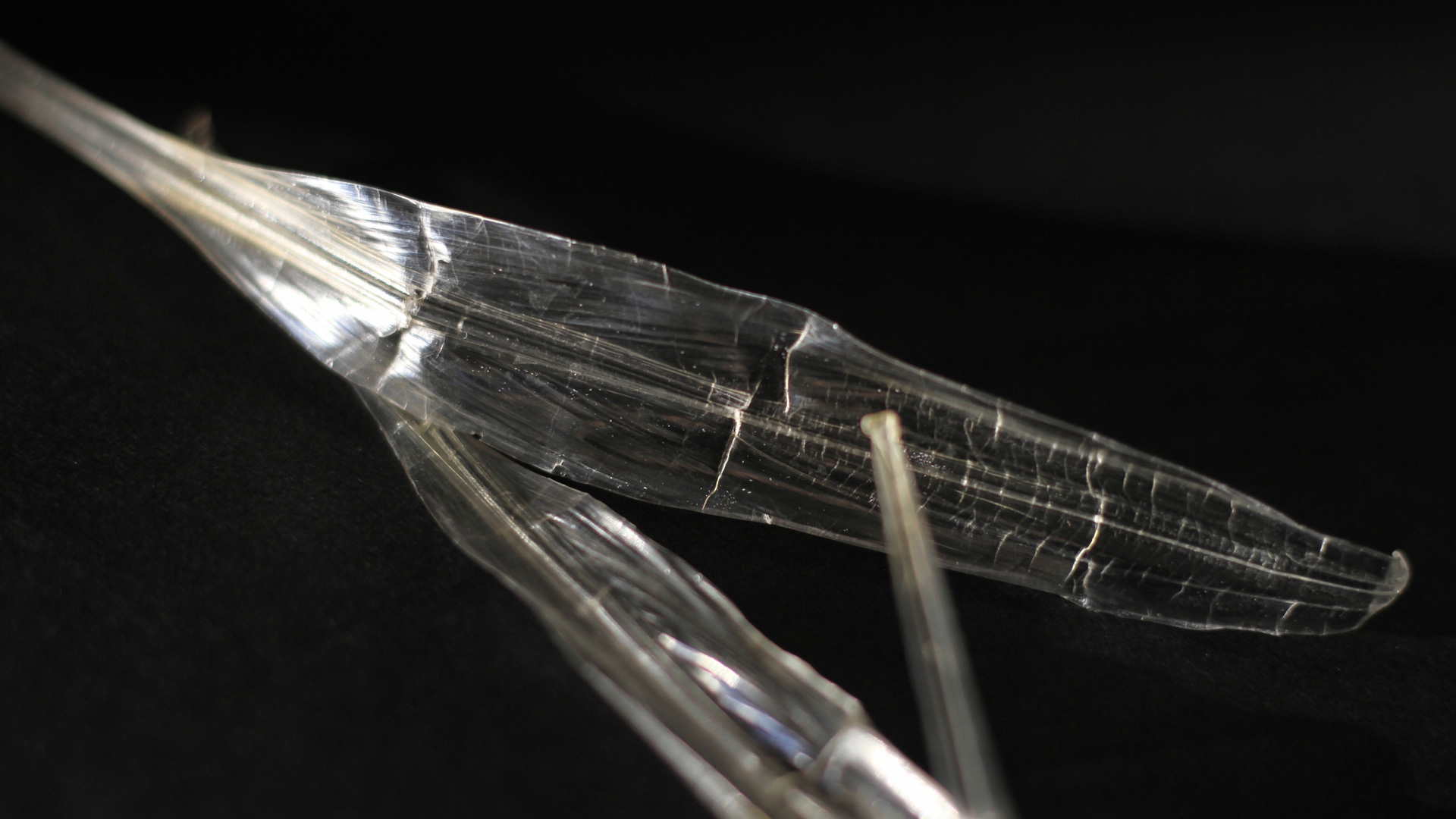

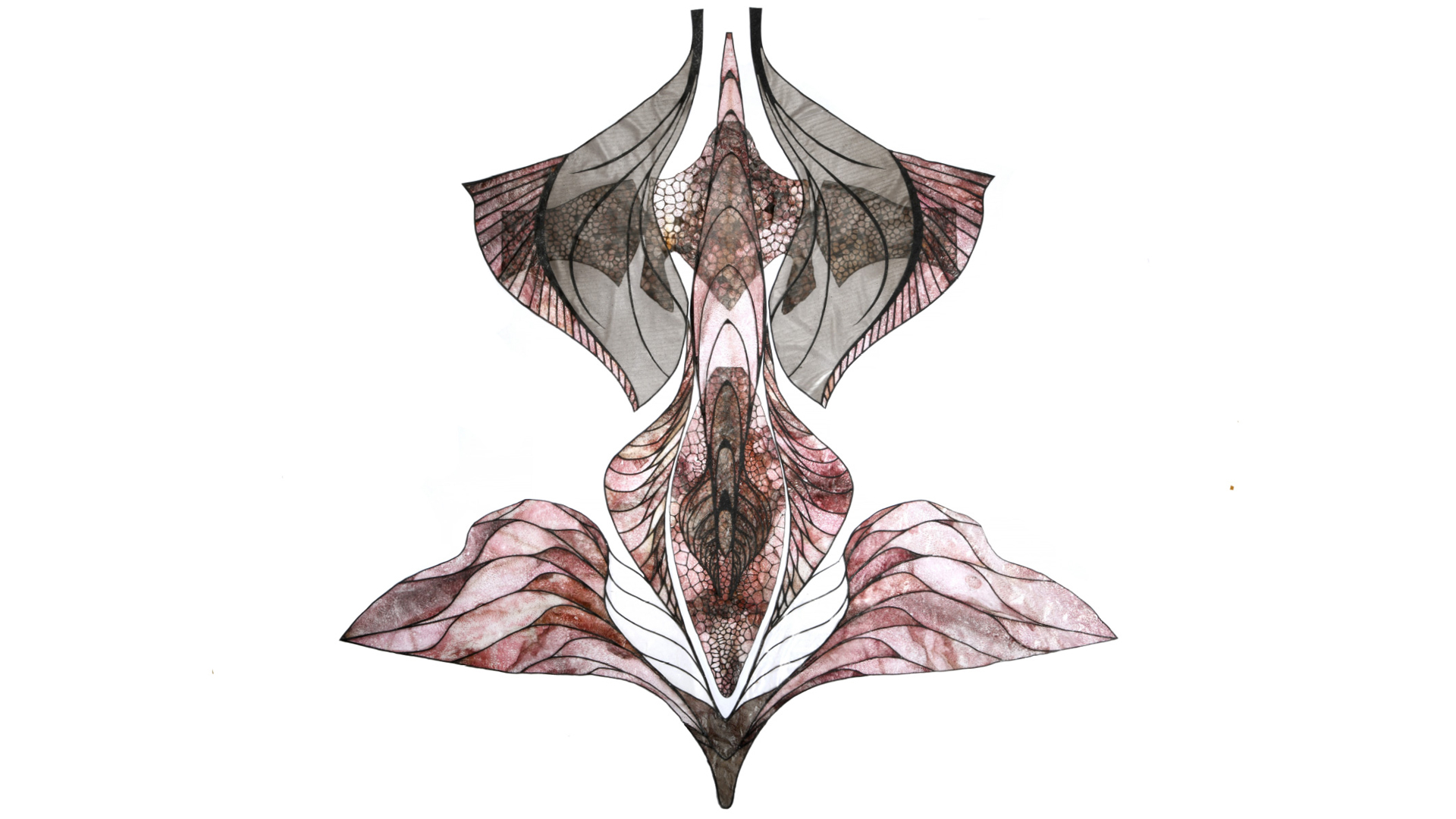
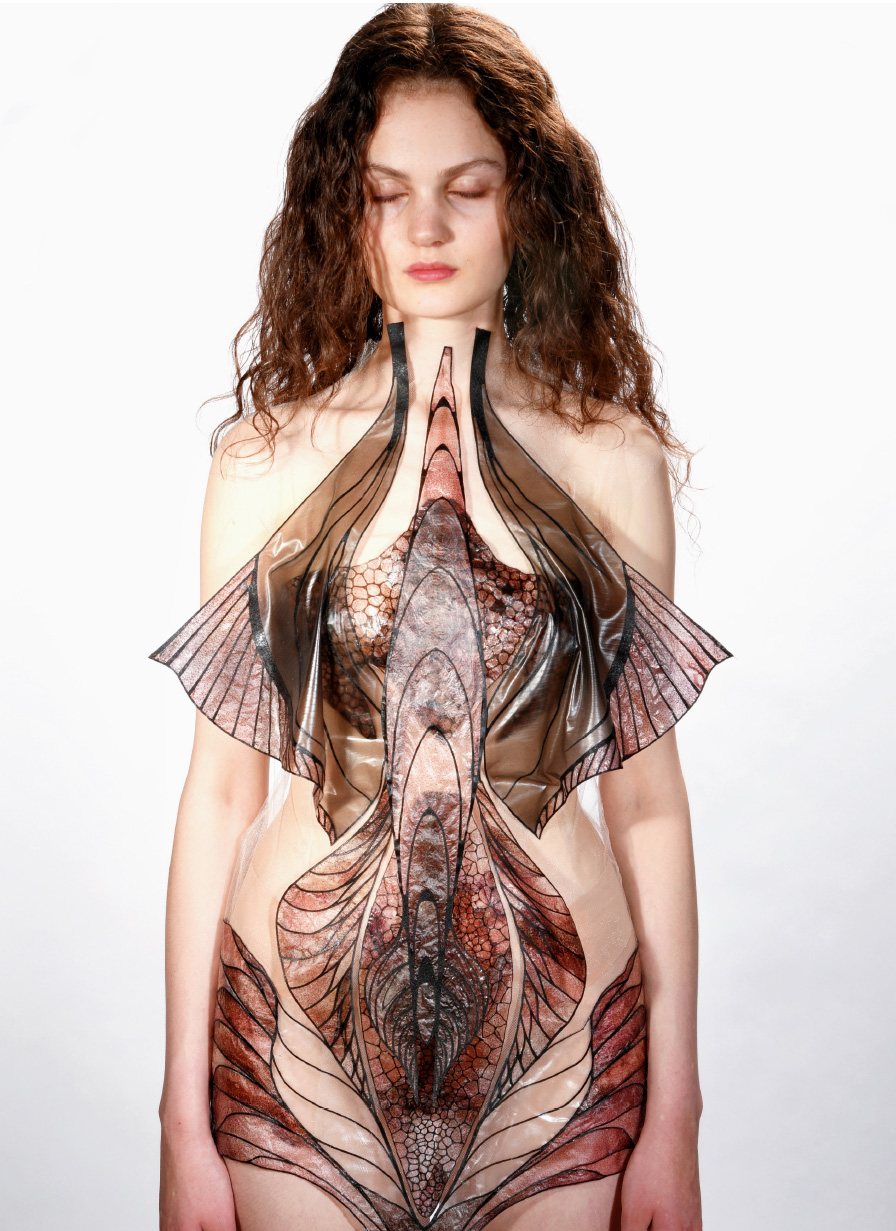


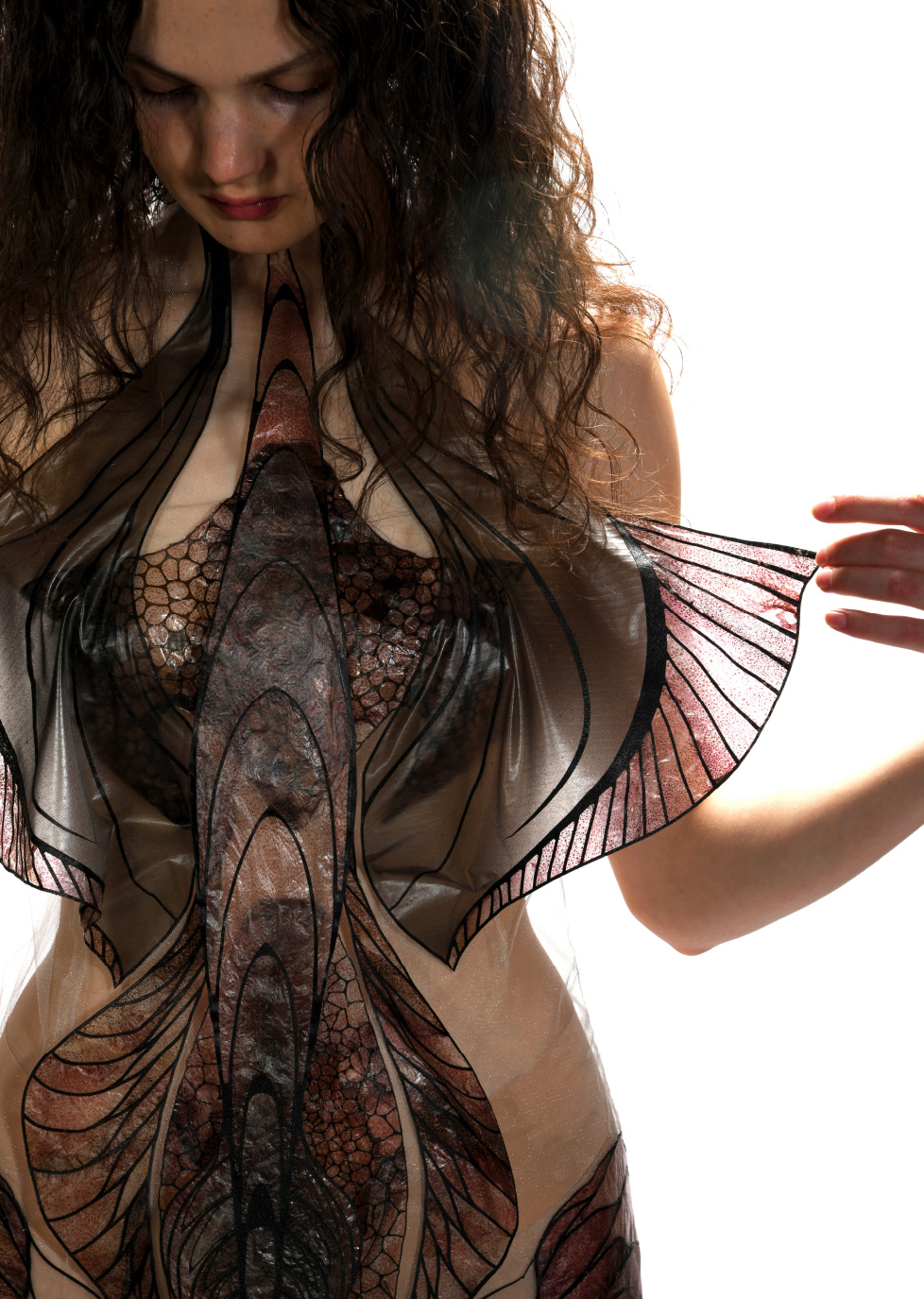
︎ Creator:
Elena Danlei Huang
︎ Supervisor: Peter Yeadon
︎ Advisors: Heewon Lee & Kate Masury
In order to meet the need for a transition to more sustainable practices, this thesis examines how the general public can be made aware of the social and ecological interconnectedness that exists between our current climate crisis, local sustainable development, food choices, and the behavior of citizens.
To rebuild and rebalance that interconnectedness, Huang explored numerous design interventions that foster action-oriented awareness of sustainability at various scales. Jumping away from the current paradigm, her INTER thesis project tries to connect people to alternatives. The study produced an integrated theoretical model for squid as a sustainable local food resource, followed by a practice-based case study that focused on the Rhode Island squid fishery.
Huang’s model consists of three layers of design interventions: Design as Narrative, Design as Catalyst, and Design as Engagement. The thesis produced many outcomes. A visual map of the RI squid network was created, along with squid food information and squid recipes (Design as Narrative). Gladius, a kitchen utensil for processing squid at home, was invented so that this sustainable food source might be promoted and thrive (Design as Catalyst).
Additionally, a spectacular garment made from squid waste, called Invisible Skin, was made to engage a broad audience (Design as Engagement). It is utterly original. No one had done such a thing before.
All artifacts were shown at the RISD Museum in 2021.
PermaLink to the Thesis Record
︎ Supervisor: Peter Yeadon
︎ Advisors: Heewon Lee & Kate Masury
In order to meet the need for a transition to more sustainable practices, this thesis examines how the general public can be made aware of the social and ecological interconnectedness that exists between our current climate crisis, local sustainable development, food choices, and the behavior of citizens.
To rebuild and rebalance that interconnectedness, Huang explored numerous design interventions that foster action-oriented awareness of sustainability at various scales. Jumping away from the current paradigm, her INTER thesis project tries to connect people to alternatives. The study produced an integrated theoretical model for squid as a sustainable local food resource, followed by a practice-based case study that focused on the Rhode Island squid fishery.
Huang’s model consists of three layers of design interventions: Design as Narrative, Design as Catalyst, and Design as Engagement. The thesis produced many outcomes. A visual map of the RI squid network was created, along with squid food information and squid recipes (Design as Narrative). Gladius, a kitchen utensil for processing squid at home, was invented so that this sustainable food source might be promoted and thrive (Design as Catalyst).
Additionally, a spectacular garment made from squid waste, called Invisible Skin, was made to engage a broad audience (Design as Engagement). It is utterly original. No one had done such a thing before.
All artifacts were shown at the RISD Museum in 2021.
PermaLink to the Thesis Record
︎︎︎ PREVIOUS | NEXT ︎︎︎
︎︎︎ BACK TO BIOSYSTEMS
︎
Rhode Island School of Design | 2 College Street | Providence, RI 02903
